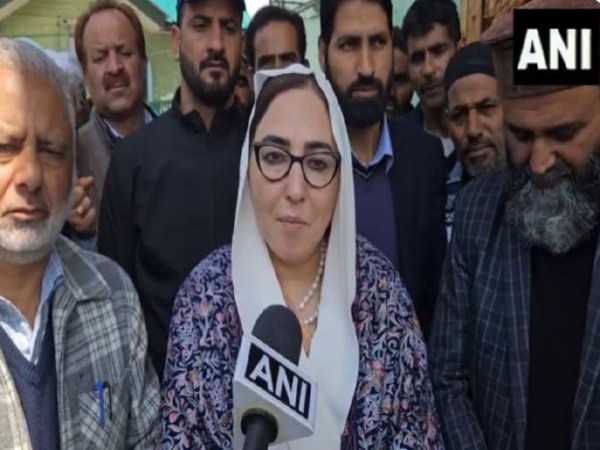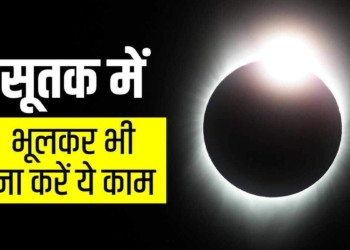BJP leader and Chairman of Jammu and Kashmir Waqf Board, Dr. Darkshan Andrabi said that after the amendments made in the Waqf Act, Waqf Board will progress. He said that these amendments are for development.
Andrabi told ANI, “They should think that when the government brings a bill and passes in Parliament, no one can stop it, because these amendments are always for development and goodness. Waqf boards across the country will progress with this Act.”
Targeting the ruling National Conference, the BJP leader accused him of cheating people and said, “When has the National Conference not cheated people? They are still doing the same today. If they had done the work that they had been given, people would have been appreciating them today.”
However, protests are taking place against the Waqf Amendment Act in many cities including Delhi, Kerala and Tamil Nadu.
Many political and religious leaders including Congress MPs Imran Pratapgarhhi and Mohammad Javed, AIMIM MP Asaduddin Owaisi, President of Islamic religious leaders, Jamiat Ulema-e-Hind, Maulana Arshad Madani, have filed petitions in the Supreme Court against the Waqf Amendment Act and challenged the validity of the Act.
Meanwhile, violence erupted during the protest against the Waqf Amendment Act in Murshidabad district of West Bengal on Tuesday, which led to clashes between protesters and police, resulting in stone pelting and police vehicles were set on fire.
However, the West Bengal Police on Saturday announced that the situation is now under control in Sati and Samseerganj areas of Jangipur in Murshidabad district.
The Waqf (Amendment) Act, 2025, came into force on 8 April (Tuesday). After 12 hours of discussion, the High House approved the bill, in which 128 members voted in its favor, while 95 members voted against it.
The purpose of this Act is to amend the Waqf Act, 1995 and the Waqf (Amendment) Act, 2013. The 1995 Act and 2013 amendment made rules to control Waqf properties in India; Special courts with the same powers of civil courts (called Waqf Tribunal) formed (the decisions of the tribunal cannot be challenged in civil courts); And banned the sale of Waqf properties.










